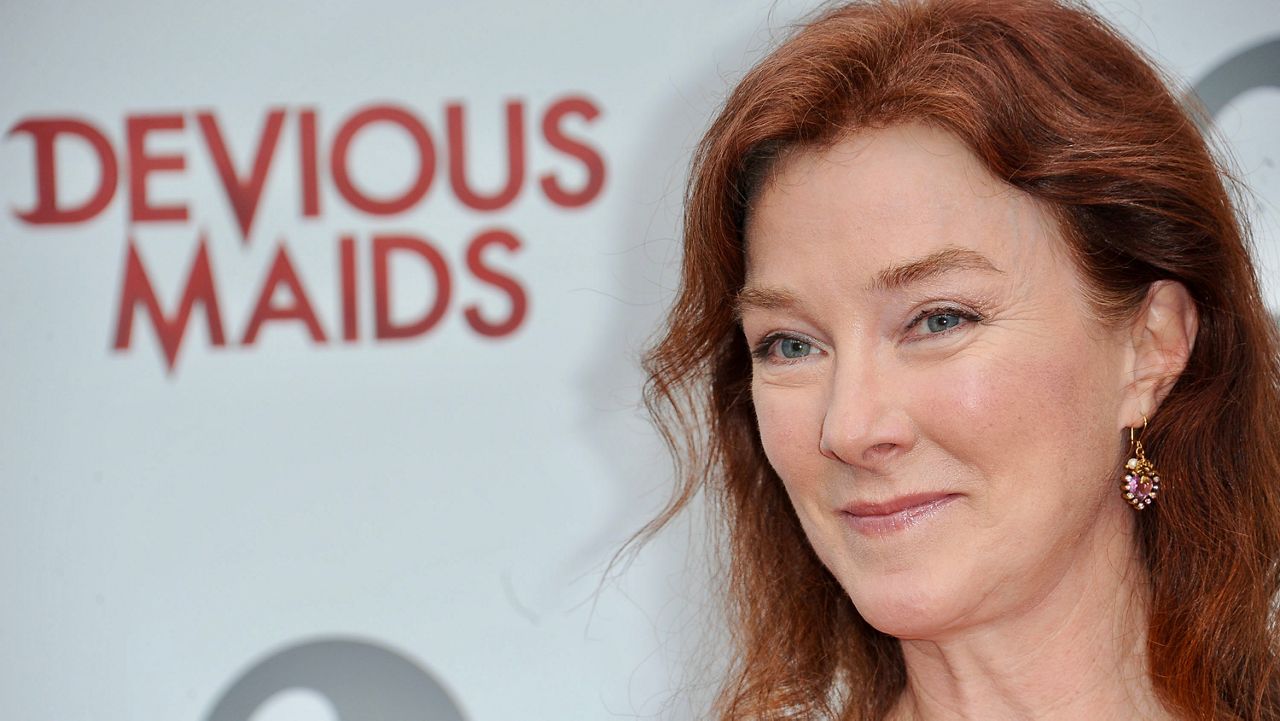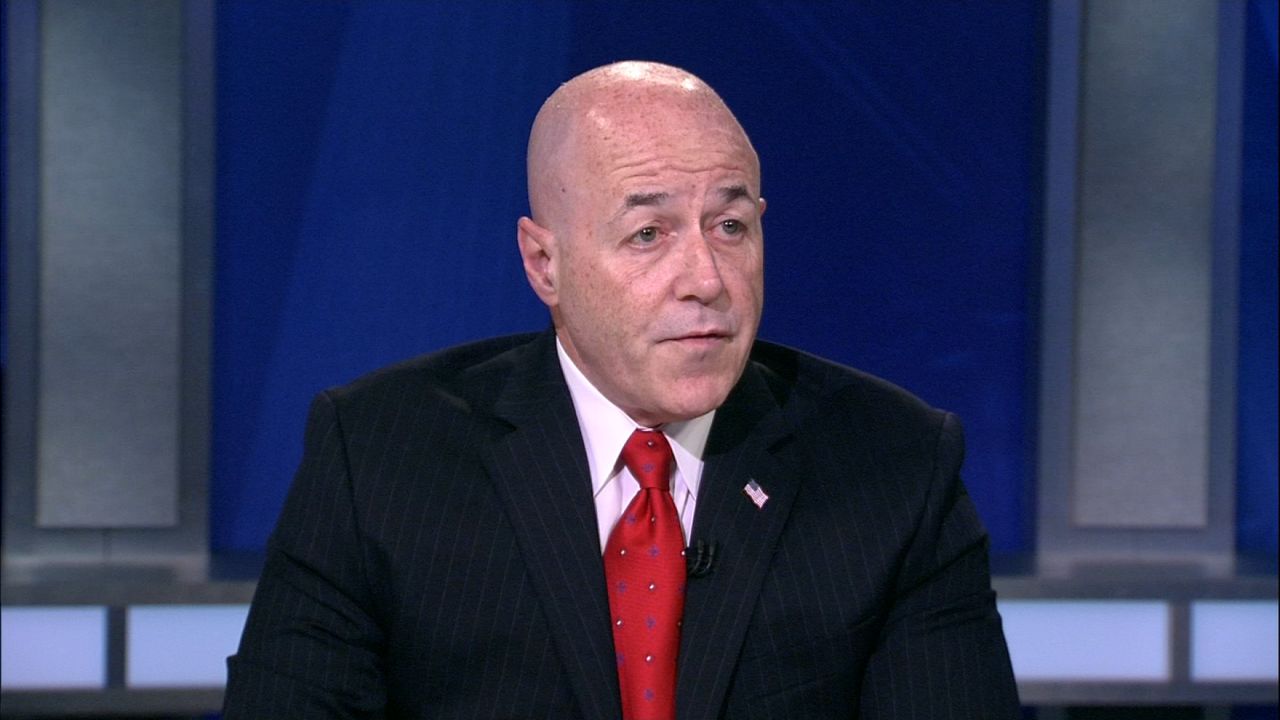LOS ANGELES — A debate is playing out on the stage at Ebony Repertory Theatre, but it’s definitely not a new one. Sixty years ago, James Baldwin and William F. Buckley Jr. met at Cambridge Union for a historic televised event. The topic: “Has the American dream been achieved at the expense of the American Negro?”
Teagle Bougere wants to be clear: He isn’t playing James Baldwin, but he is speaking his exact words.
“I love saying these words,” he admitted, “and yet there’s always this part of me every time I get ready to do a run of this that feels it’s really a shame that it’s still so relevant.”
He and Erik Miller, who takes on the role of Buckley, have been working on this verbatim piece since 2020, immediately following the murder of George Floyd. Each performance is usually followed by a discussion, which Miller finds can be just as powerful as the show itself.
“It’s the kind of piece that people want to talk about afterwards because they’re angry or they’re confused or whatever,” Miller explained, “and a lot of the conversations afterwards have been…they’ve been the biggest gift of the whole production, because people open up in a way that they wouldn’t otherwise, I think.”
Preserving history through storytelling is at the heart of theater, but particularly Ebony Repertory Theatre, which founder Wren T. Brown describes as the first and only African American professional theater company in the history of Los Angeles.
He’s also recently been working on a project to preserve the history of his family, which happens to be deeply intertwined with the history of the Black experience in entertainment.
“My grandmother, my mother’s mother, Ruth E. Gibbons,” he said, pointing to a dancer in a photo from the 1934 film Jealousy featuring the Nicholas Brothers.
His book “The Family Business“ features detailed memorabilia tracing generations of careers back to his great grandfather, Willis Henry Young, who composed and arranged music in the late 1800s. His grandmothers on both sides danced at the Cotton Club. His mother’s father, Lee Young Sr. was a drummer with Nat King Cole and was the first Black studio musician in the history of Hollywood.
And then there’s his father’s father Troy Brown Sr. who was born in Memphis, Tennessee, in 1900.
“He becomes the fifth Black actor in Screen Actors Guild in 1933, at the height of the depression,” Brown explained, going through old photographs and newspaper clippings. “He was often referred to as the colored Fatty Arbuckle.”
Troy Brown Sr., who died before Wren was born, played on Broadway, at London’s Palladium, and worked in Hollywood, but he also at times had to work in blackface. Those photos are included in the book as well because Brown said they tell an important story.
“It speaks to history,” he said. “It does not embarrass me at all because these people were great survivors. They walked to the through the tall grass on behalf of all of us who have come after them. So I’m very proud of it, frankly.”
He feels blessed to have boxes and trunks filled with slips of paper, clippings, photographs, even telegraphs from Duke Ellington — items that he was able to digitize and replicate in his book. It’s vitally important, he says, that this history — not his own history but Black history — gets preserved.
“Because so much, particularly Black ephemera and Black memorabilia through the years, has been just discarded and tossed away as of no significance,” Brown said. “And so I think for all of us who are citizens of this country and all of us who desire to be citizens of these United States, it’s time to come together…and to preserve our rich and dimensional history.”
That’s part of the mission of his theater company as well. Since 2007, Ebony Repertory Theatre has been presenting stories rooted in and exploring the African American experience. Bougere may be visiting with this production of "Debate," but he knows how important that mission is.
“Because these stories need to be told and they need to be heard,” he said. “I think it’s as simple as that.”
And that’s not open for debate.











